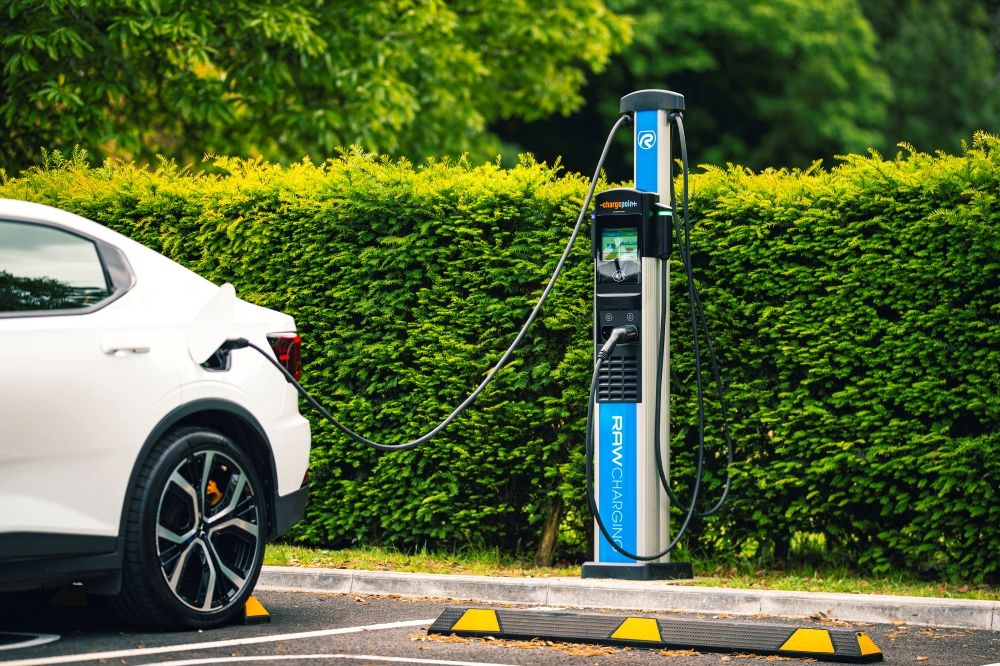Industry bodies and campaign groups welcome the news on banning ICE vehicle sales by 2030, although hint at the challenge ahead for the EV transition.
The Society of Motor Manufacturers and Motors (SMMT) said it ‘shared government’s ambition’ on decarbonising road transport and was ‘committed to the journey’ – but it was ‘an immense challenge’.
Speaking about the policy shift, Mike Hawes, SMMT Chief Executive, said: “We are pleased to see Government accept the importance of hybrid transition technologies – which drivers are already embracing as they deliver carbon savings now – and commit to additional spending on purchase incentives.
“Investment in EV manufacturing capability is equally welcome as we want this transition to be ‘made in the UK’, but if we are to remain competitive – as an industry and a market – this is just the start of what’s needed.
“Success will depend on reassuring consumers that they can afford these new technologies, that they will deliver their mobility needs and, critically, that they can recharge as easily as they refuel. For that, we look to others to step up and match our commitment. We will now work with government on the detail of this plan, which must be delivered at pace to achieve a rapid transition that benefits all of society, and safeguards UK automotive manufacturing and jobs.”
The RAC also welcomed the news – but also said that setting a deadline was ‘the easy part’ and what happened next was critical.
Commenting on the news, Steve Gooding, director of the RAC Foundation, said: “But what happens in the lead up to this cliff edge? And how do we create a genuinely affordable mass market in electric cars between now and 2030? Currently, less than 1% of the UK’s 33 million cars are plug-ins.
“Battery-powered cars today come with the promise of comparatively cheap motoring and low fuel costs, and around two-thirds of the dwellings in England have either a garage or the potential for off-street parking, meaning that charging cheaply at home overnight may be a practical option for millions of drivers.
“However, it looks like the time has come when the Chancellor has to work out how to plug the revenue gap created by a drop off in the income from fuel duty on petrol and diesel sales. The hugely difficult balance he must strike is between blunting the incentive to go electric and protecting the public finances. The risk is that the Chancellor opts for an overly complex solution that promises much but falls flat on its face in practice.”












